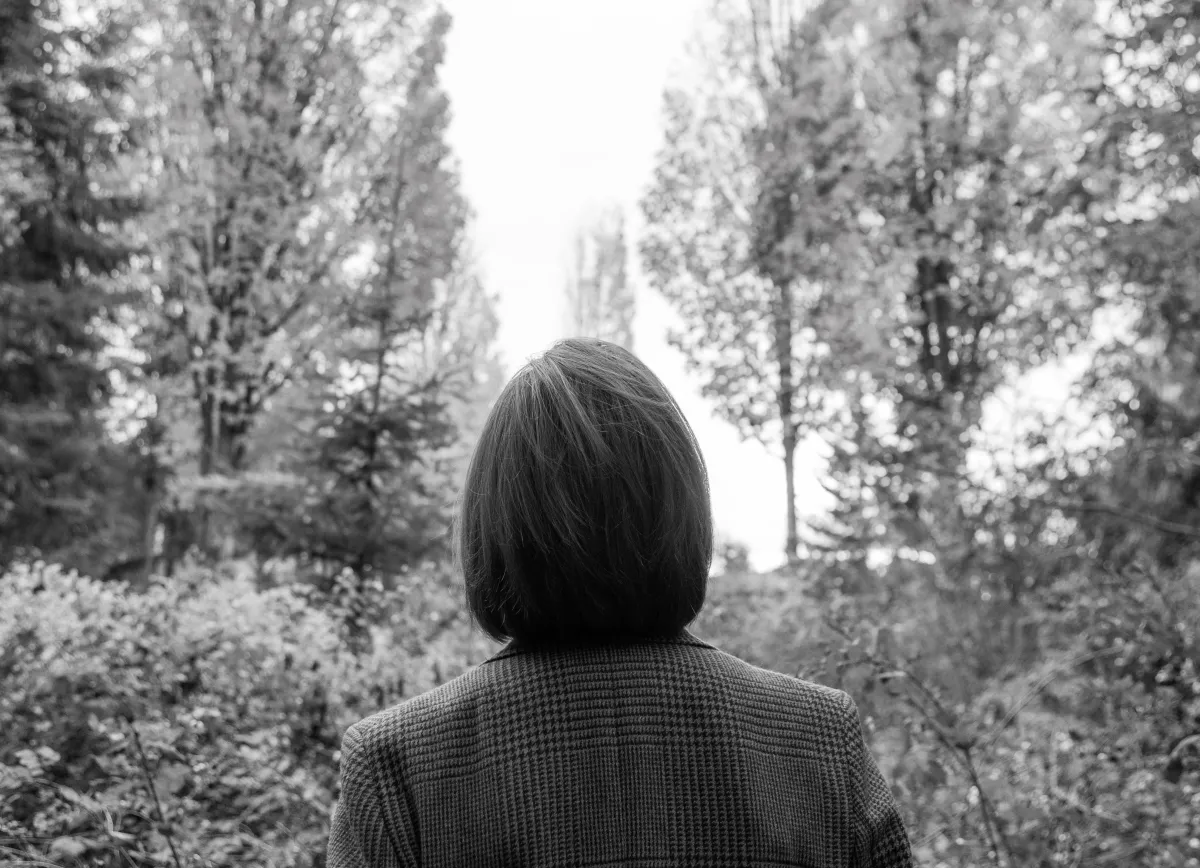
The Choice
The Choice
“It did not matter what we expected of life, but rather what life expected from us.”
— Viktor Frankl
Have you ever made a choice, a decision to act upon an impulse only later to be haunted for years by the consequence of that choice?
We like to think the big moments in life are what define us. The day we say “yes.” The moment we walk away. The instant we know we can’t live like this anymore. But more often than not, it’s the quiet choices—the ones we barely notice—that shape who we become.
I’ve made choices I wish I could undo. Words I hurled in anger. Relationships severed by my lack of humility at a time when it was needed most. Stories I told myself about being a victim because they felt safer than facing the truth. For a long time, I confused “having no choice” with protecting myself. It wasn’t until later that I understood: staying stuck was a choice, too.
That realization is both terrifying and freeing.
I think of Dr. Edith Eva Eger, who at sixteen was sent to Auschwitz. She did not choose that horror. She did not choose to lose her parents in a single, unthinkable day. But in the aftermath, she chose how she would live. As a Holocaust survivor and against all odds, she chose to study, to heal, to help others heal. She chose meaning instead of bitterness. She chose to keep showing up for life. It didn’t happen overnight; and it didn’t happen without pain. She did it one choice at a time.
Her memoir, The Choice: Embrace the Possible, isn’t just about surviving. It’s about what it means to choose again and again, moment by moment, until you create something that feels like freedom.
That truth has become my own north star.
There have been seasons in my life when I replayed the same story on repeat—the story of my victimhood, my unworthiness, my need to fix things. I told myself these stories, they became my identity. Safe. Familiar. And suffocating. At some point, I realized, maybe my story was the problem. And when I found the courage to ask myself, “What if I choose differently?” everything began to shift. Not overnight. Not neatly. But slowly, like the tide pulling back, making space for something new to arrive.
I see the same in many of my clients. A woman will say, “I have no choice.” She feels paralyzed—by fear of the unknown, by imagining every worst-case outcome, by the weight of years spent putting everyone else first. And yet, nearly every time, the “no choice” story isn’t true. The door she believes is locked has been open the whole time.
Choosing differently doesn’t mean denying pain. It doesn’t mean pretending something awful didn’t happen. It means looking squarely at what did happen, grieving it, and then asking: “Who do I choose to become now?”
The answer doesn’t have to come in grand gestures. Sometimes choice looks like speaking a hard truth instead of swallowing it. Sometimes it looks like leaving a room where you’re no longer seen or welcome. Sometimes it’s the decision to stop telling a story that makes you small.
Here’s a practice I use for myself and with clients:
Name the story you’re telling yourself right now (be honest).
Ask aloud: Is this story true? Is it helpful? Does it move me closer to who I want to be?
If the answer is no, give yourself permission to choose again.
Dr. Eger reminds us that freedom isn’t given. It’s chosen. Again and again.
This month in my Turning Pages Book Club, we’re reading The Choice. If you’ve been circling the same painful narrative, if you’ve been telling yourself “I have no choice,” I invite you to sit with Dr. Eger’s words alongside us. Her story will pierce your heart, yes, but more importantly, it will remind you of your own strength to choose.
And if you’d prefer a private conversation, schedule a 45-minute discovery call with me. Together, we’ll look at what feels heavy, what you’re tired of carrying, and one practical first choice you can make this week.
Because while we don’t always choose what happens to us, we always get to choose who we become through it.
And if you know someone who keeps saying, “I have no choice.” Share this story with them. They might simply need permission to choose again.
With Love and Light,
Michèle

